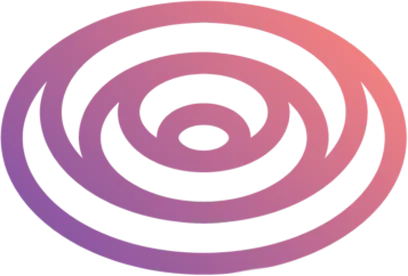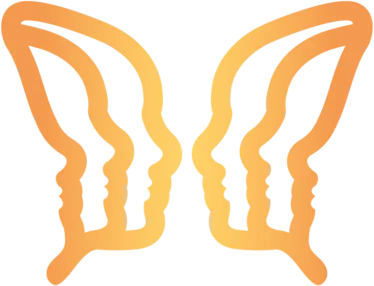In the previous newsletter I included the cartoon above, and asked readers to identify the basic structure of the communication, “Are you happier than you ever thought you’d be,” (or “Are you better at spotting trick questions than you ever thought you’d be.”) and play with how you could use this pattern in a positive way with someone (instead of as a trick question). If you didn’t do this before, try thinking about this now, before reading further.
The pattern asks someone to compare their present experience with an earlier expectation, and to decide whether one is more intense than the other. The word “ever” adds an additional piece, asking the listener to think of the most extreme expectation they have had about the present. A number of studies have shown definitively that our expectations are often inaccurate, and this is true of both positive and negative ones. All of us tend to anticipate that a new relationship, job, or possession will give us more pleasure than it actually does, and we also tend to anticipate that a serious loss or illness will be more catastrophic than it is. For instance, people who become paralyzed are initially focused on their expectations and feel terrible; after some experience with the actuality of their situation, they often find that they can still have a worthwhile and interesting life despite their handicap.
However, some of us do this much more than others, and it can often be very useful to ask someone to compare their expectations with reality, so that they can use this as useful feedback in adjusting their expectations when making future choices. “Was that discussion with your boss as bad as you had ever feared?” “Did that new TV actually give you as much pleasure as you ever thought it would?” The latter is particularly useful with addictive behaviors, in which someone is often more addicted to their expectation of a rewarding stimulus than they are to the stimulus itself. As Winnie the Pooh said, “ ‘Well,’ said Pooh, ‘what I like best,’ and then he had to stop and think. Because although Eating Honey was a very good thing to do, there was a moment just before you began to eat it which was better than when you were, but he didn’t know what it was called.” –A.A. Milne






